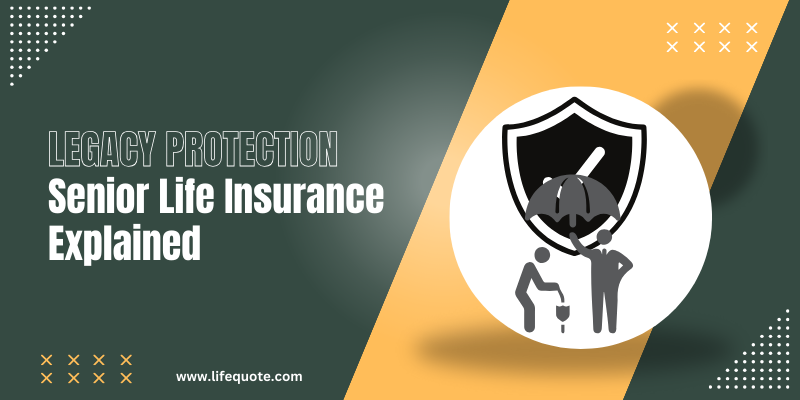- Speak to a licensed sales agent!
- (800) 521-7873
Do You Need High Risk Life Insurance?

Do You Need High Risk Life Insurance? 5 Things You Should Know Before You Apply
The cost of a life insurance policy will depend on a variety of different factors. Most life insurance companies will want to know about your medical history, your current lifestyle, and numerous other things. If there is something—or multiple things—that increases your risk of an early death, your rates will typically be higher. However, contrary to popular belief, high risk life insurance policies do not fall into a “one-size-fits-all” category. Understanding these policies requires a much more nuanced approach.
1. Certain high risk factors can affect your rates more than others
In the life insurance industry, risk classification does not exist as a binary—it exists along a spectrum. Life insurance agencies will look at many different variables when underwriting a policy.
Naturally, the issues that will have the greatest impact on your monthly premiums will be the ones that have the most influence on your life expectancy. Conditions such as diabetes, obesity, cancer, kidney disease, and drug abuse will all likely raise your rates. However, your life insurance provider will also likely consider the severity of these conditions as well.
If you are mildly overweight, smoke, engage in extreme sports, or suffer from sleep apnea, your monthly rates may increase, but to a lesser extent than they would if you suffer from the more severe conditions mentioned above. There are also some things that may statistically lower your life expectancy, but your life insurance provider will decide to overlook.
2. It is possible to have your monthly rates adjusted downward
Just because you are initially classified as a ‘high risk’ individual, that doesn’t mean the classification is permanent. If the risk derived from a specific condition were to demonstrably change, you may be able to get your monthly premiums adjusted.
There are a number of different ways you can lower the cost of life insurance. For example, if you decide to quit smoking, your life insurance provider will likely reward you for your efforts. Additionally, overcoming a specific disease can also lower your rates.
3. Term life insurance is usually less price variable than whole life insurance
Even when your life insurance provider has determined the amount of risk that is specific to you, there are still several other things that can affect your monthly premiums. The financial impact of your riskiness will depend on the type of life insurance policy you are applying for.
Most life insurance policies fall into one of two categories. Term life insurance is less expensive and only applies for a specific amount of time. Whole life insurance is more expensive, has a specific cash value associated with it, and will cover you for your entire life.
Get a Free Quote
Calculate Your Needs
Because whole life insurance is more comprehensive, it will naturally be affected by certain risk factors to a greater extent. Additionally, whole life insurance policies will generally require a more extensive background check than term life insurance policies do.
4. Not all life insurance policies require a detailed background check
Though the majority of life insurance providers will want to know a lot about you before issuing a policy, there are some policies where the background check is limited or even non-existent. A good example of these is a guaranteed acceptance life insurance policy.
As the name implies, guaranteed life insurance policies will almost always accept you. For individuals who are considered to be “high risk” by the life insurance industry, these policies are certainly worth looking into. The primary downside of most guaranteed life insurance policies is that the coverage, when compared to other policies, is relatively limited.
5. The best way to find a good policy is by comparing multiple different options
There are many different providers, policy types, and variables existing within the life insurance industry. At times, the number of choices you have can be a bit overwhelming. The policy that will best fit your needs and financial situation can often be difficult to find.
Whether you are a high-risk individual or not, the best way to find your ideal life insurance policy is by comparing as many different options as you possibly can. You may be surprised by just how much variation there is in the industry. Things that affect the premiums of one policy might be completely irrelevant when it comes to another.
Life insurance is one of the best ways to begin building the financial security you have been searching for. No matter what conditions you may have, there is almost certainly a policy that can work for you. Taking the time to do your research is something that can be incredibly beneficial.
Thank you for reading our article, Do You Need High-Risk Life Insurance? 5 Things You Should Know Before You Apply. If you have any questions, please leave a comment below.




